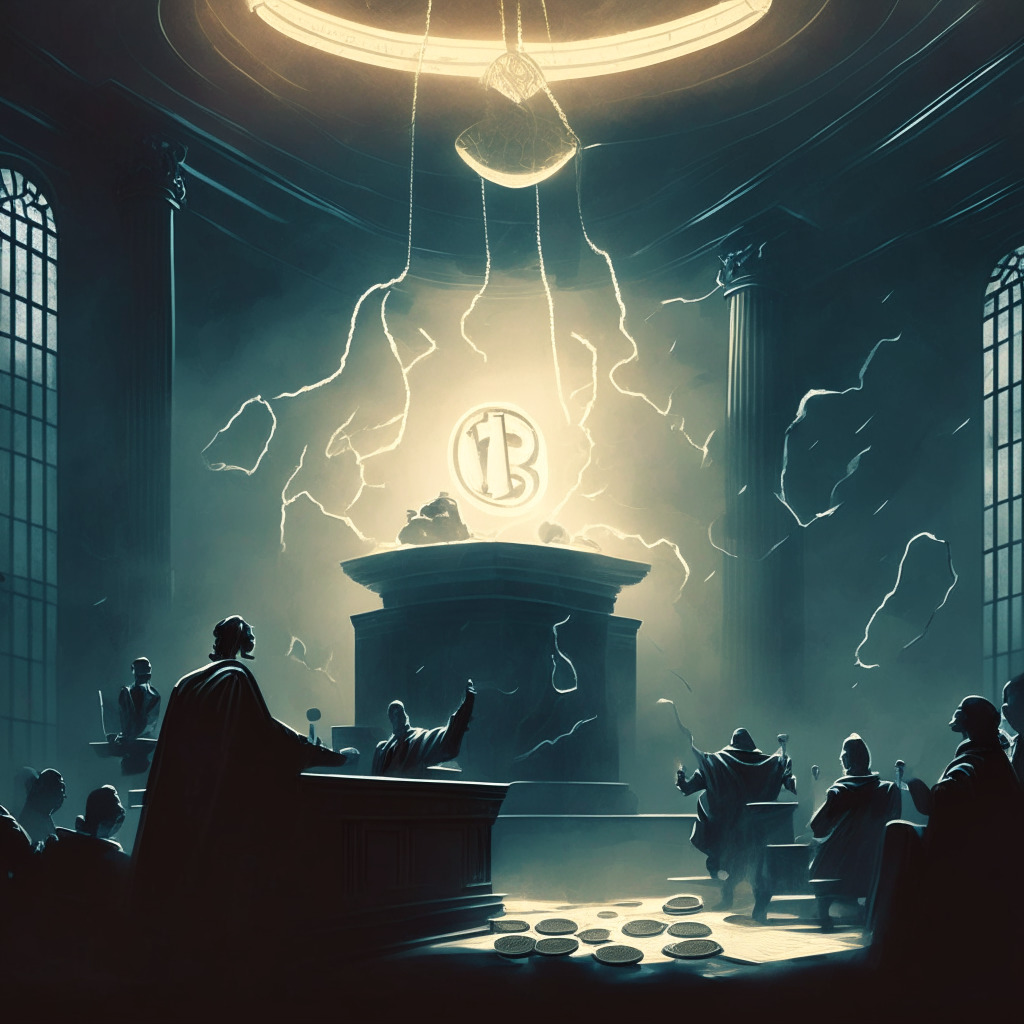In a recent hearing, U.S. District Judge Amy Berman Jackson declined the Securities and Exchange Commission (SEC) request to freeze the assets of Binance’s US arm, as the lawsuit moves forward. This decision has led some experts to suggest that a settlement might be in the works between the SEC and the largest cryptocurrency exchange’s US affiliate.
According to court proceedings, the federal judge has requested a mediation hearing that will potentially allow Binance’s US arm to manage its basic operations. This move has raised questions about the SEC’s approach towards the crypto industry and whether it has been pursuing enforcement too aggressively. Former Chief of the SEC Office of Internet Enforcement, John Reed Stark, has commented on the ongoing case and revealed that the two parties are likely to reach an agreement during the mediation process under the guidance of a magistrate judge. However, the federal judge may still need to determine the size of “ordinary business expenses” and resolve other issues.
If the parties reach a settlement, Stark believes a “Consent Order” would be presented in court. This order could eliminate the need for a Temporary Restraining Order on the asset freeze request, as well as some primary injunctions. Additionally, it may provide the SEC with most of the relief they have sought, while giving the judge enough room to preserve the status quo. This could also allow for a more manageable discovery process, submission of motions, and trial at a reasonable pace.
On the one hand, it’s encouraging that the court is open to exploring a resolution between the SEC and Binance, which could contribute to a more balanced regulatory environment for the ever-evolving crypto industry. However, on the other hand, skeptics might argue that this could make it more challenging for regulatory agencies to enforce strict guidelines and maintain control over the rapidly changing landscape.
Ultimately, the outcome of the case could have broader implications for the relationship between crypto exchanges and regulatory authorities. Should the two parties reach a settlement, it could pave the way for more cooperation and understanding in the industry, leading to an enhanced trust in the sector, and thus benefiting all stakeholders. Conversely, the dispute’s resolution could potentially stifle innovation by setting a precedent for regulatory authorities to wield more power and control, possibly hindering the growth of the industry.
Investors should keep in mind that market conditions are always changing and should conduct thorough research before investing in cryptocurrencies. The author and the publication do not hold any responsibility for personal financial loss.
Source: Coingape




